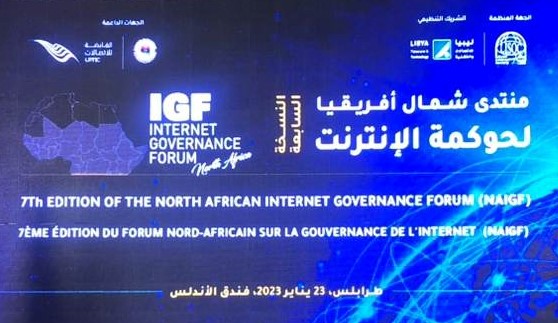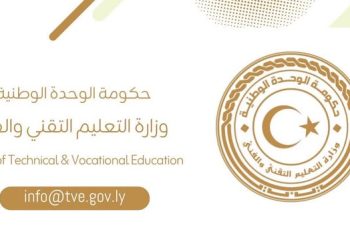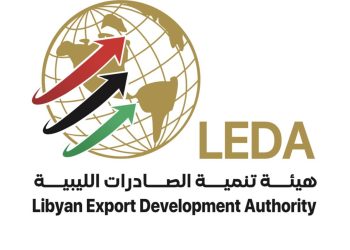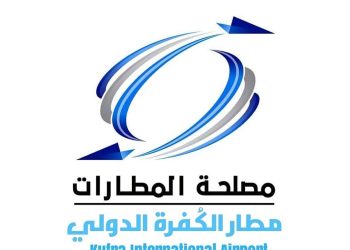The Libyan Internet Association, sponsored by the General Authority for Communications and Informatics and with the participation of the Libya Telecom and Technology Company (LTT), announced at a Tripoli press conference yesterday that Libyan capital will be hosting of the North African Internet Governance Forum in May this year.
Present at the announcement ceremony were the Minister of State for Cabinet Affairs, Adel Jumaa, the Minister of State for Communication and Political Affairs, Walid Al-Lafi, the head of the Public Authority for Communications and Informatics, Abdel Basset Al-Baour, the Chairman of the North African Internet Governance Forum, Al-Tijani Bin Jumaa, the Chairman of the Board of Directors of the Libya Telecom and Technology Company, Abdel Baset Al-Senussi and the Chairman of the Board of Directors of the Libyan Internet Society, Omran Shoran.
Minister of State for Communication and Political Affairs, Walid Al-Lafi, opened his speech by saying that the government focuses all its attention on such forums, which give a great deal of space to legislation and laws related to the governance of the internet and its use and the right to access it and obtain its services easily and without restriction.
He explained that Libya is located in an important geographical location and is a transit gateway in the field of communications and the internet in the future, which requires interventions at the policy level. Therefore, he added, the government adopted the executive regulations of the Communications Law, and worked to build and develop youth capacities to ensure high levels of service.
He pointed to the need to develop the infrastructure of the telecommunications sector and support young people to work in it easily, while providing them with the necessary training and qualification, with the need to digitize all sectors and pay more attention to cybersecurity.
For his part, the head of the Communications Authority, Abdel Basset Al-Baour, considered this event “a new start to keep abreast of developments in the field of communications and information technology, and a consolidation of the efforts made by the United Nations in launching the Internet Global Governance Forum (IGF) and holding its annual forums since 2006 to engage the various stakeholders in dialogue.”
He emphasised that Internet governance “is a fundamental issue that will prevent chaos in the Internet world and contribute to reducing its negative effects on societies. He stressed the importance of formulating a road map to reach internet governance in which all parties participate. Al-Baour considered this matter “essential”, in order to protect any achievements from any misuse that may hinder progress in the field of the internet, highlighting the need at the national and regional levels to develop the legal framework for the Internet and its governance, recognizing that all efforts in this field are “still in their infancy”.
He called on stakeholders in African countries in general and North African countries in particular to develop national and regional action plans for internet governance that contribute to enhancing the ability to benefit from the internet and digital technologies for sustainable development, and to involve various stakeholders in implementing these plans.
Al-Baour pointed to the efforts exerted to launch national initiatives on internet governance, based on similar initiatives. This is in order to enable multiple stakeholders to participate and coordinate related efforts, he added.
During the event, the Minister of State for Cabinet Affairs, Adel Jumaa, quoted the Prime Minister Abd Alhamid Aldabaiba, as confirming that the government “will take care of all expenses incurred by holding the North African Internet Governance Forum in Tripoli, next May, in support of national efforts in this area”.
Libya Herald asks about government’s monopoly on the telecoms sector
In response to a question asked by Libya Herald about the conflict between the government’s monopoly in the telecommunications sector and the rules of internet governance, Al-Baour said that this matter is true due to legislative and legal problems, but during the past years it has opened a way for the private sector to provide the public with internet services, as there are dozens of licensed companies in this field across all of Libya.
He underscored the need for concerted efforts among all to develop the legislative environment so that the private sector can participate in the full telecommunications services provided to users. He said this will not be a distant matter as long as there are such forums that shed light on problems and how they can be solved with the transfer of experiences that many countries of the world have gone through in areas of communication and internet governance.
The organization of the North African Internet Governance Forum in Tripoli next May comes within the general policy of the Communications and Informatics Commission with the participation of civil society organizations. This includes the Libyan Internet Society and its plan for this year, under the slogan ‘‘Digital Libya 2023’’, as well as within its vision through which it seeks to provide accessible, safe and comprehensive services. It is also part of its efforts aimed at putting into effect policies, legislation, laws and regulations related to digital transformation and Internet governance.










